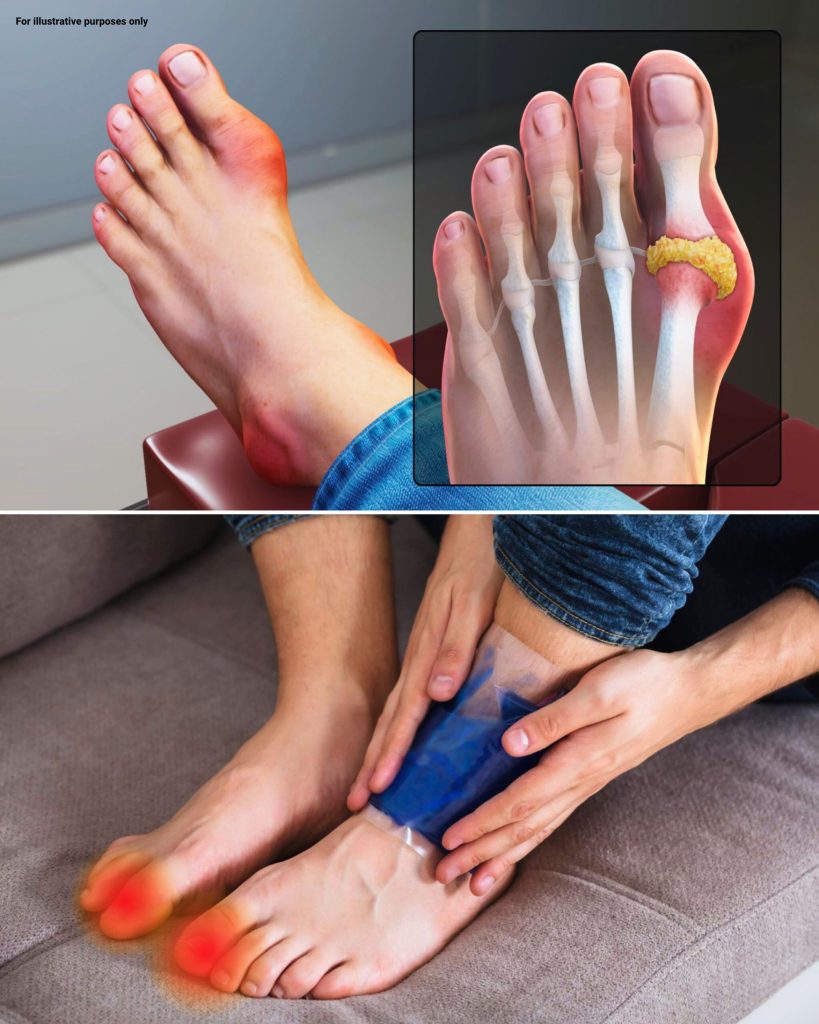Anyone who’s experienced a gout attack knows it can be excruciating, causing red, hot, painful, and swollen joints. Gout, a form of arthritis, typically affects the joints in the feet, ankles, or knees; around half the time it strikes in the big toe, which can make it impossible to wear shoes. Even the light fabric of a sock can be aggravating.
Because the pain from a gout attack can be so bad, people with the condition will often try anything out there to get relief, which has led to a boom in so-called gout home remedies.
While there are a few legitimate home remedies for gout out there, prescription medications remain the mainstay for treating gout, during an acute attack as well as over the long term to reduce gout attacks in the first place.
This Is Your Body During a Gout Attack
Gout symptoms occur when excess uric acid in your body forms crystals in the joints. The body treats these crystals like a foreign body and attacks them with white blood cells. The white cells, in turn, release inflammatory chemicals called cytokines into the joint fluid. The cytokines bring in more white cells, and on it goes.
“The joint becomes a battlefield,” says Theodore Fields, MD, professor of clinical medicine at Weill Cornell Medical College and a rheumatologist the Hospital for Special Surgery in New York City.

The Best Way to Treat a Gout Attack
Gout attacks can last for up to 10 days or longer and often subside on their own after a week or two, but medications will speed up healing and prevent future flares.
Standard medical treatments for a gout attack include:
- Anti-inflammatory drugs like naproxen (which can be purchased over the counter or in prescription strength)
- Colchicine, which reduces uric acid build-up
- Steroids, such as prednisone
For 98 percent of patients, says Dr. Fields, one of these medications these will knock out an attack.
Home Remedies for Instant Gout Relief
There are a couple of effective home remedies for a gout attack that you can use as an adjunct to medications. These include:
- Resting the joint
- Using ice packs to reduce swelling
- Drinking cherry juice
Cherry juice is high in vitamin C, which makes uric acid come out in the urine, but the effect is mild compared to some of the available medicines for gout attacks. Cherry juice can also increase the risk of kidney stones; they shouldn’t be used in anyone who is predisposed to them.
